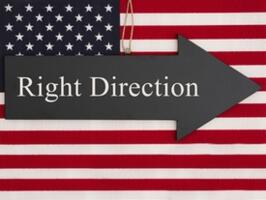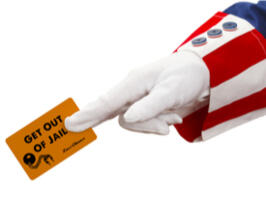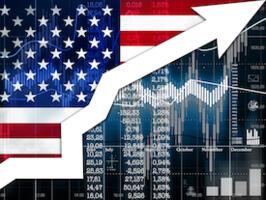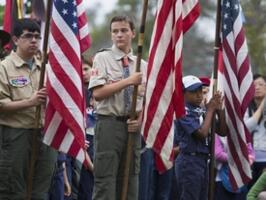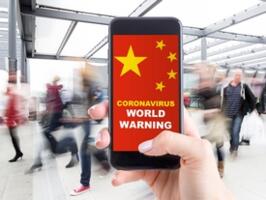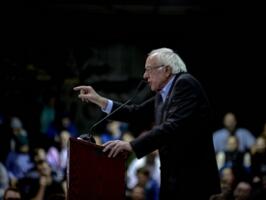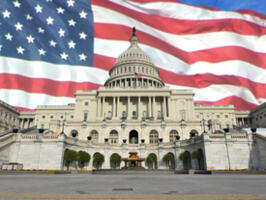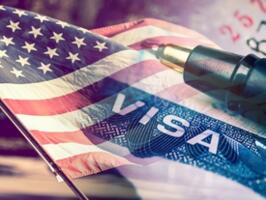Most Call for Presidential Candidates’ Medical Records
With 78-year-old Bernie Sanders’ surge to the lead in the race for the 2020 Democratic presidential nomination, questions are being raised about his health, especially following a heart attack several months ago. A sizable majority of voters says a candidate’s health is an important voting issue, and most think major presidential candidates should make their medical records public.


